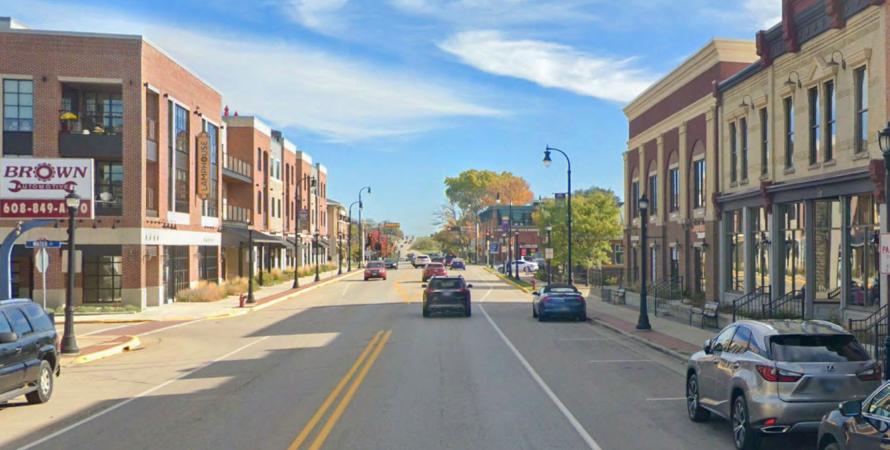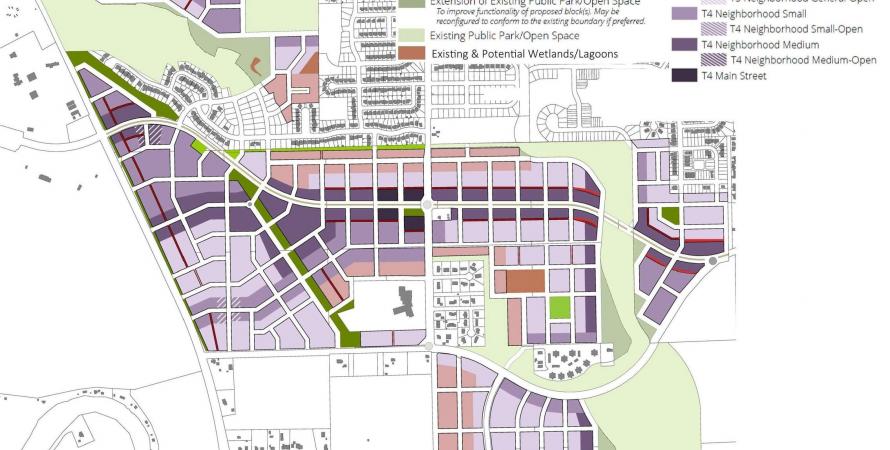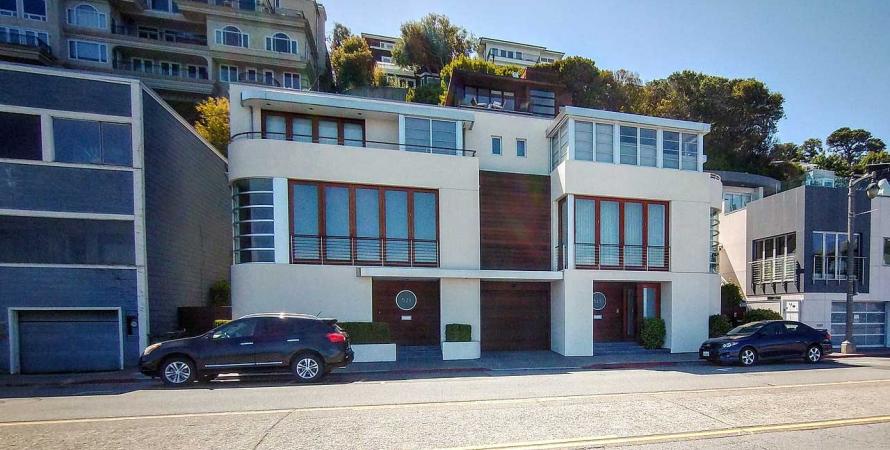-

A tool for better zoning in Wisconsin
CNU’s Project for Code Reform completed a report for Wisconsin municipalities, Enabling Better Places, building on similar reports for Michigan and Vermont, and one upcoming in New Hampshire.The League of Wisconsin Municipalities worked with CNU and a range of statewide organizations to produce Enabling Better Places: A User’s Guide to Wisconsin Neighborhood Affordability . The goal is to help the state’s more than 1,800 cities, towns, and villages revise their zoning codes to promote...Read more -

Making lemonade out of lemons: A case for zoning reform
CNU’s Project for Code Reform is filling a need for incremental code reform and furthering statewide programs to remove barriers to inclusive communities.Have you ever looked closely at a city or town and wondered why it looks the way it does? Why do different neighborhoods within a city or town have distinct character? Why do buildings not exceed a certain height? If you’re a New Urbanist, chances are you’ve asked yourself these types of questions...Read more -

Form coding planned to change pattern of growth in Iowa City
Update: The South District plan and code were adopted by City Council October 5. Iowa City, Iowa, is moving to adopt a form-based code on a 900-acre district on the southern edge of town (see regulating plan above). The area is adjacent to a suburban ring of development that has surrounded the core...Read more -

California zoning reform: Are form-based codes the answer?
The Golden State’s recent legislation enabling duplexes and small multifamily buildings has important urban design implications for New Urbanism and walkable communities.California adopted legislation last week that would allow duplexes on single-family lots, effectively ending the Golden State’s era of exclusive single-family zoning. At the same time, the state streamlined the process for cities approving small multifamily buildings in infill and transit-oriented...Read more